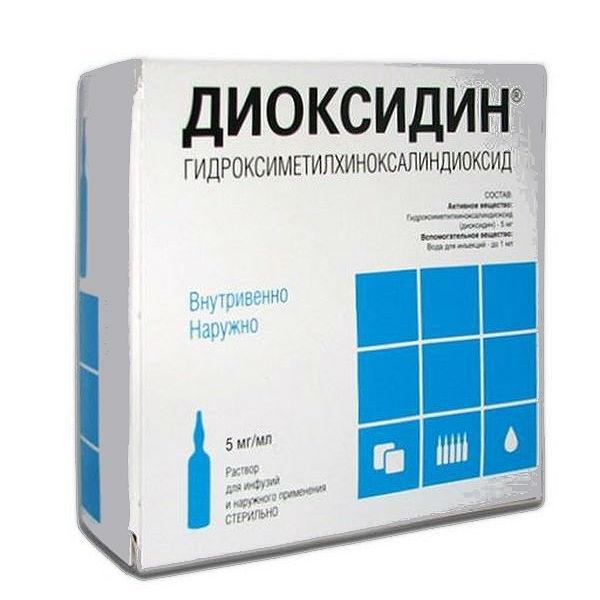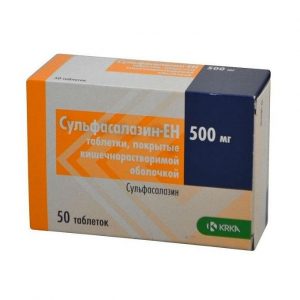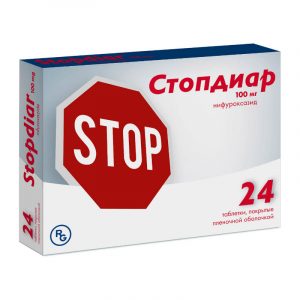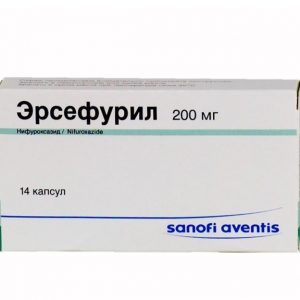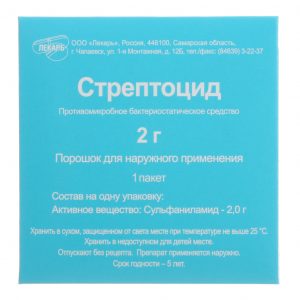Description
Release form
Injection and topical solution.
Packing
10 ampoules.
Pharmacological action of
Dioxidin is a broad-spectrum antibacterial drug from the group of quinoxaline derivatives, has chemotherapeutic activity in infections caused by a vulgar protein, dysentery bacillus, Klebsiella, Pseudomonas aeruginosa, Staphylococcus aureus (Staphylococcus aureus). gas gangrene), acts on strains of bacteria resistant to other chemotherapy drugs, including antibiotics.
Perhaps the development of drug resistance of bacteria. With the on / in the introduction is characterized by low therapeutic breadth, in connection with which strict adherence to the recommended doses is necessary.
The treatment of burns and purulent-necrotic wounds contributes to faster cleaning of the wound surface, It stimulates reparative regeneration and marginal epithelization and favorably affects the course of the wound process.
Indications
Septic conditions (including in patients with a burn disease), purulent meningitis, purulent-inflammatory processes with symptoms of generalization.
Contraindications
Hypersensitivity, adrenal insufficiency (including history), pregnancy, lactation, children’s age (up to 18 years).
Use during pregnancy and lactation
Pharmacological properties of Dioxidin make its use during pregnancy and breastfeeding unacceptable.
The medicine can cause a violation of embryogenesis and adversely affect the development of the nervous system of the fetus.
Absorbed from the surface of the mucous membranes into the systemic circulation, it is able to penetrate into breast milk, and through it into the baby s body.
Special instructions
In chronic renal failure. Assign only with the ineffectiveness of other antimicrobial drugs.
Composition
Active ingredient:
hydroxymethylquinoxalindioxide 5 mg.
Dosage and administration
Dose.
In severe septic conditions, a 0.5% solution for injection is administered, previously diluted in a 5% dextrose solution or in a 0.9% NaCl solution to a concentration of 0.1-0.2%.
The highest single dose – 300 mg, daily – 600 mg.
Side effects
Allergic reactions.
After intravenous and intracavitary administration of Dioxidin: headache, chills, hyperthermia, nausea, vomiting, diarrhea, muscle twitching.
Local reactions: near-dermatitis dermatitis.
Drug Interactions
For patients with hypersensitivity to hydroxymethylquinoxalindioxide, dioxidine is prescribed in combination with antihistamines or calcium.
Storage Conditions
In a dark place, at 18 – 20 ° C.
Expiration
2 years.
active substance
Gidroksimetilhinoksilindioksid
conditions granted through pharmacies
Prescription
Lekarstvennaja form
Solution for infusion
Novosibhimfarm, Russia
